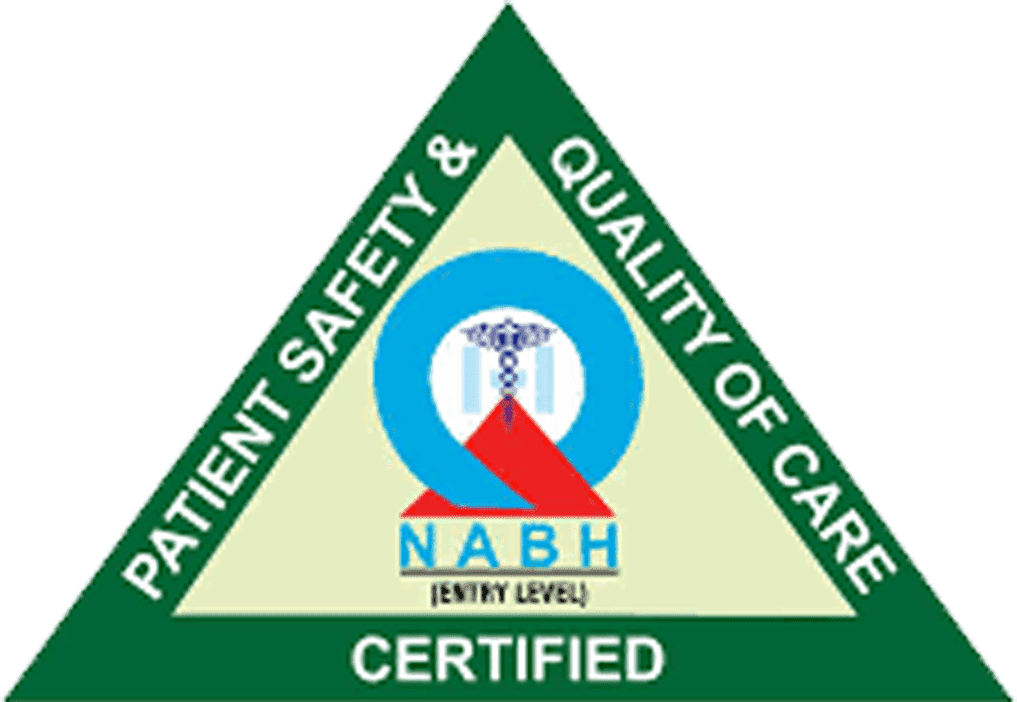 NABH Certified
NABH Certified 
Regardless of what people may experience as positive effects of drugs and alcohol, they both have negative effects on individuals’ health and ability to function, especially when used repeatedly. This recurrent use may result in a substance use disorder. The word substance refers to all drugs that impair brain functioning such as alcohol, cannabis (ganja), tobacco (smoking & chewing), sleeping pills, inhalant products such as petrol, whitener, fevibond.
Repeated use of a substance may cause significant impairment in at least one area of life. Common impairments include;
Substance use disorders can begin at any age and are becoming more prevalent among adolescents. Although most adult substance abusers begin using in adolescence, most adolescents who try drugs don’t progress to severe abuse.
Substance abuse and dependence can be chronic, progressive and degenerative with severe negative outcomes. But the course they take varies, depending on the drug or substance being used. Alcoholism (Heavy drinking) in particular can have catastrophic outcomes, includinginterpersonal problems, health problems and premature death. People who use substances will often use more than one kind of substance (e.g., smoking and drinking).